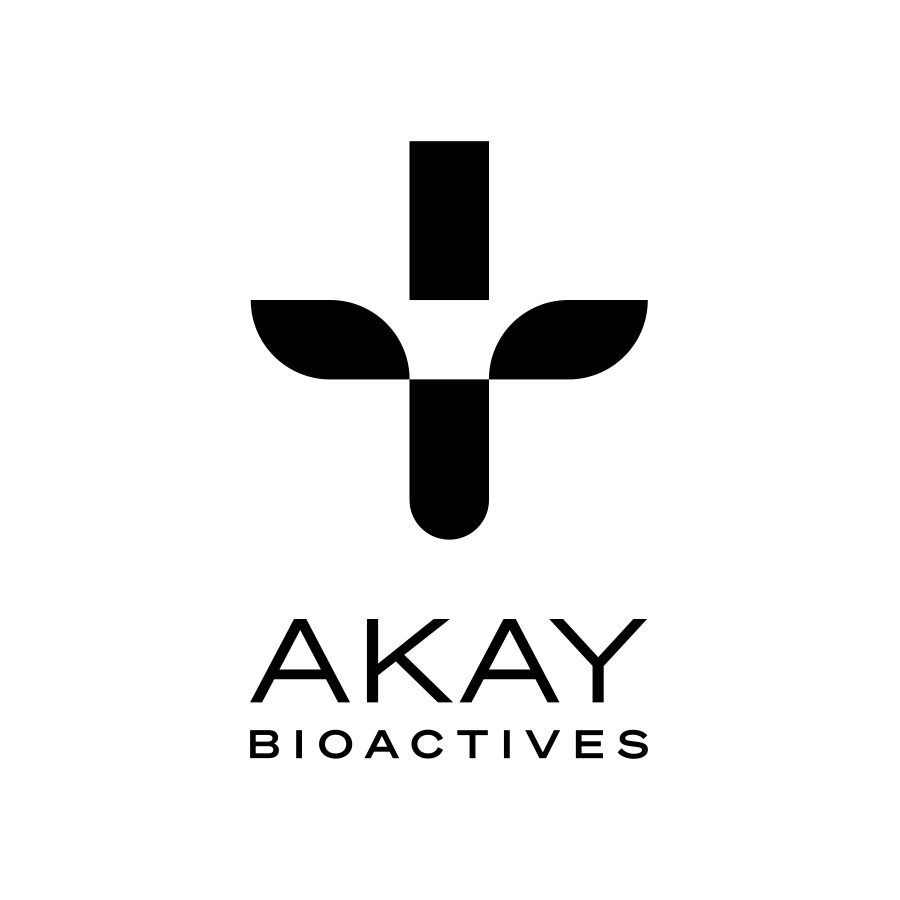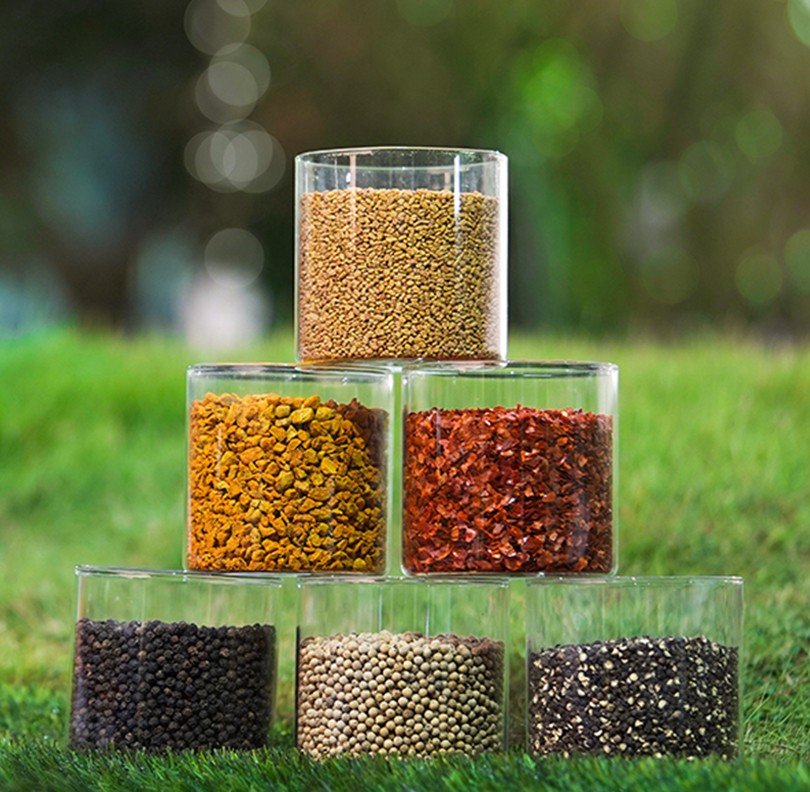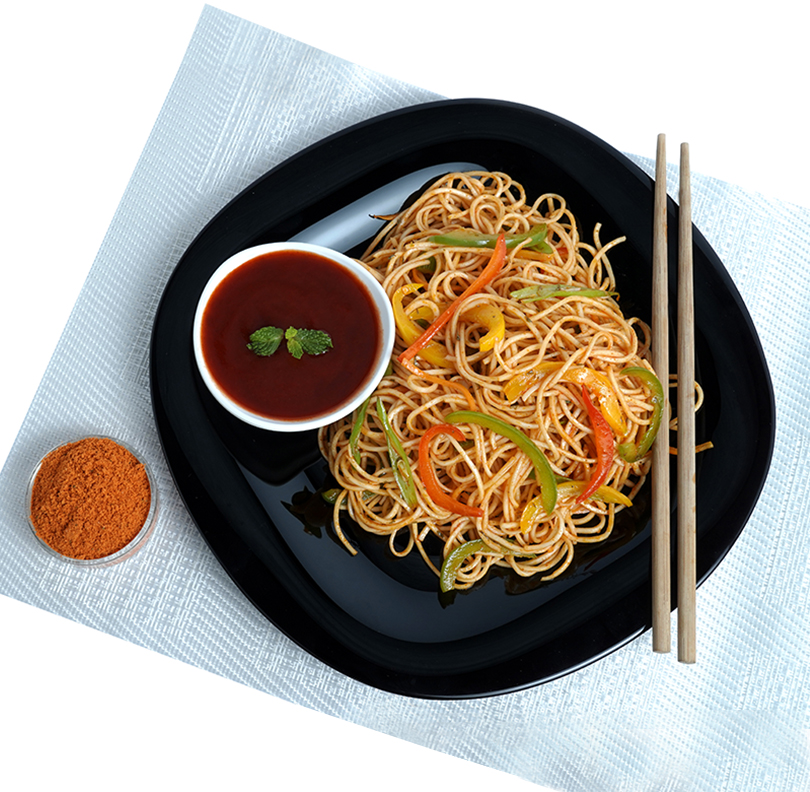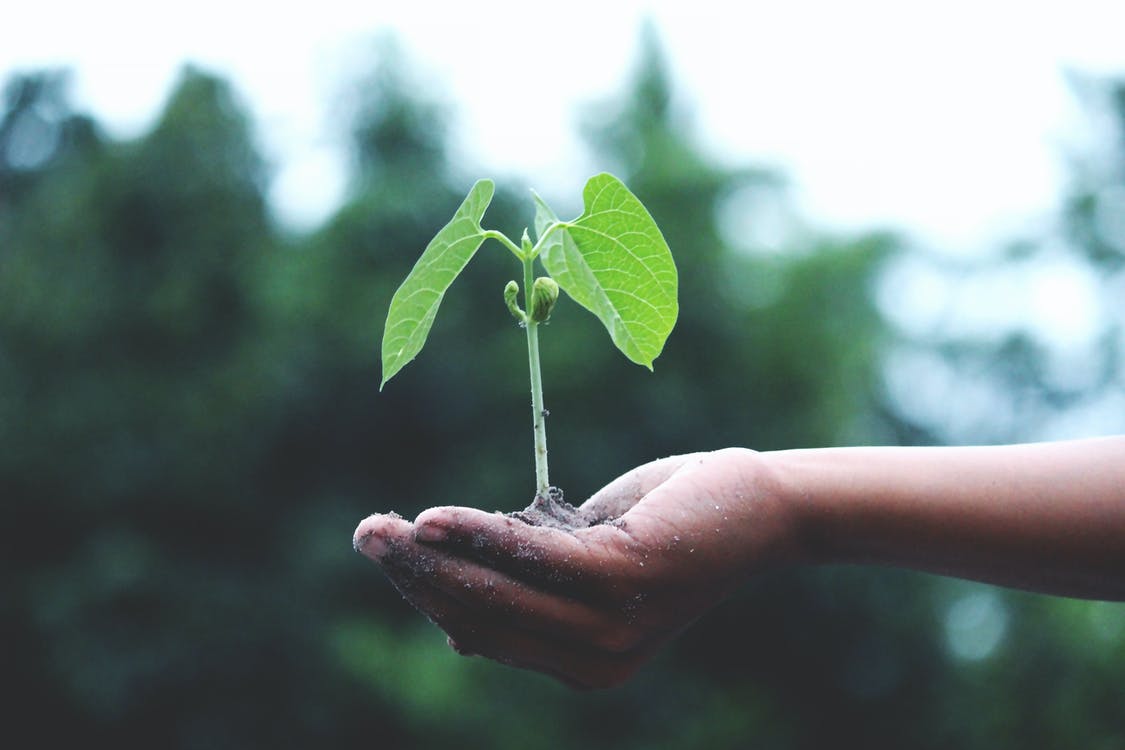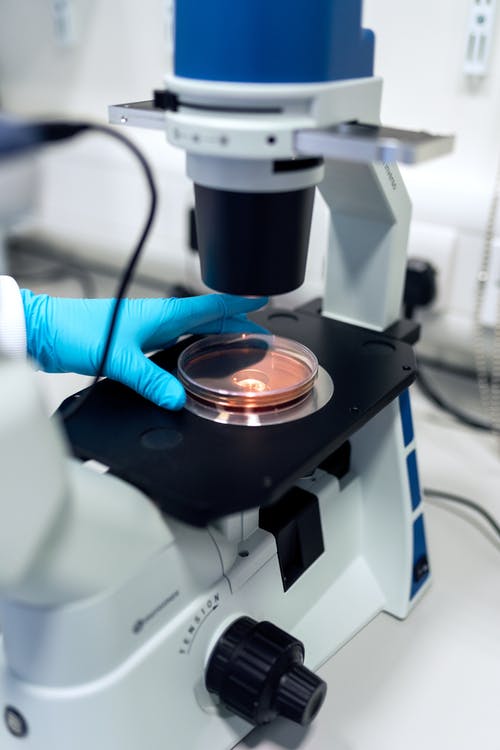Sustainability
AKAY has always made it a point to work closely with our farmers to understand and address their core concerns. We encourage our farmers to involve in sustainable practices that will bring in more agricultural productivity while enhancing farm incomes. We also engage in our own farm-centric initiatives for ensuring environmental integrity and the promotion of community development. This is done by creating sustainable livelihoods and enhancing the competitiveness of the larger value chain.
Management
Approach
Since 2007, AKAY has played a relevant part in the sustainable farming sector. It all started with the spice farming in Cambodia. AKAY owns 720 hectares of prime land in Battambang Province for organic cultivation.
We believe that with a spirit of innovation and enterprise, we can create a significant social value to the world. Further, we can effectively bring in a positive transformation to the entire idea of sustainability.
We continue to be active in this field. By the year 2014, we expanded to contract farming of chili cultivation in the Indian states of Andhra Pradesh, Telangana and Karnataka. Our turmeric cultivation took place in Gundulupet, Karnataka with a complete farm to fork traceability.
We have also been working on chili cultivation program, designed by the International Trade Centre (ITC) in Rwanda since 2014. The project is titled ‘Supporting Indian Trade and Investment for Africa (SITA)’. The ultimate aim of the program is to create income and employment opportunities in East Africa.
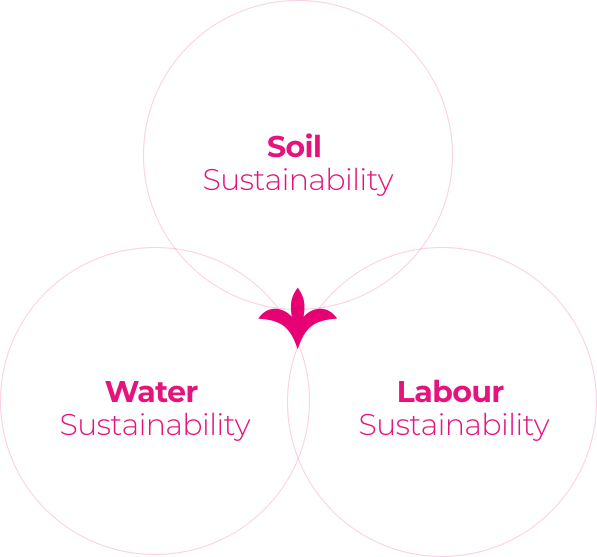
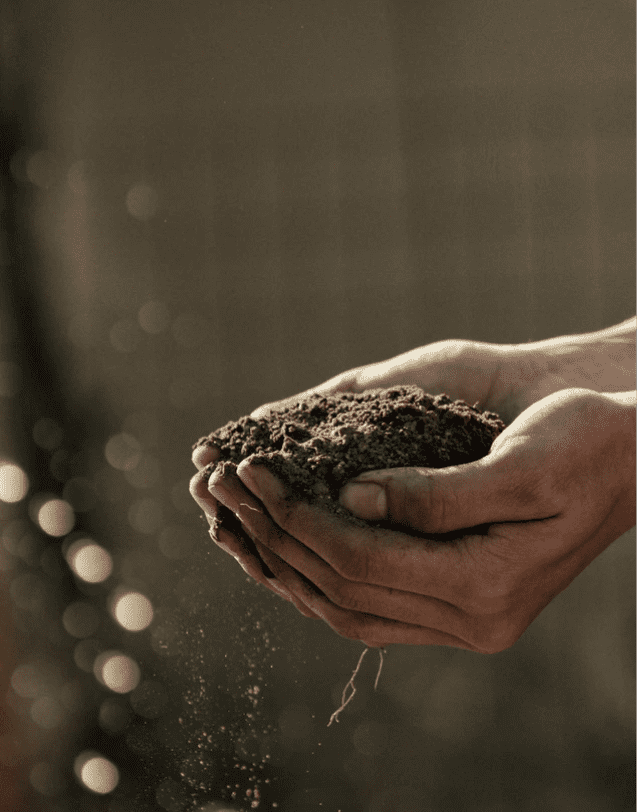
Soil
Sustainability
- Combining the use of indigenous organic methods like silt application and vermicomposting with modern technologies to enhance soil’s organic carbon.
- Improving crop quality and productivity along with reducing cultivation costs.
- Promoting soil compaction management through scientific diagnosis & field-specific solutions.
- Invigorating compacted soils through sub-soiling.
- Customizing fertilizer mix through soil testing to reduce chemical fertilizer use.
- Producing cleaning-crops to positively impact the local natural resources.
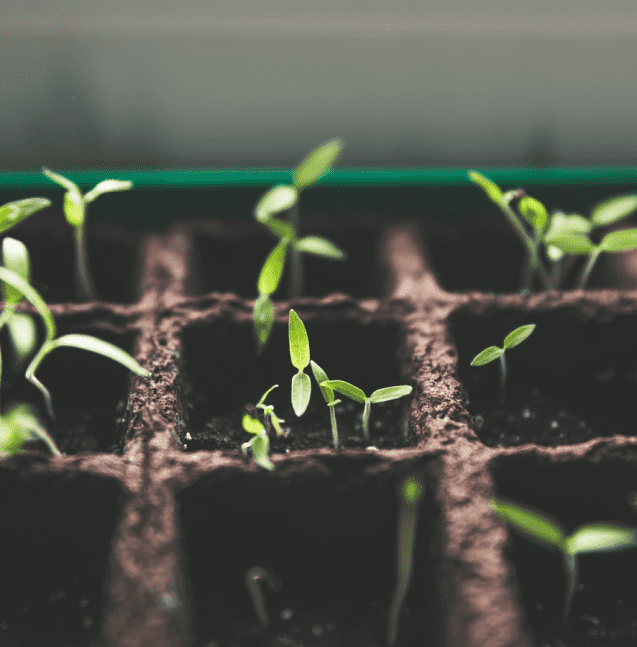
Water
Sustainability
- Supporting community-based production centers to ensure a reliable supply of healthy seeding (Germination trays, economical green tech polyhouses etc)
- Promoting water-saving technologies like drip irrigation
- Encouraging mulching to enhance the moisture of the soil and to minimize the growth of weed.
- Undertaking soil & moisture conservation measures (Trench-cum-bund)
- Building water harvesting structures (Farm pond, rehabilitated pond etc)

Labour
Sustainability
- Conducting awareness-building programs on farm safety issues.
- Promoting the safe usage of pesticides.
- Promoting new technologies & best practices through classroom & on-site field training.
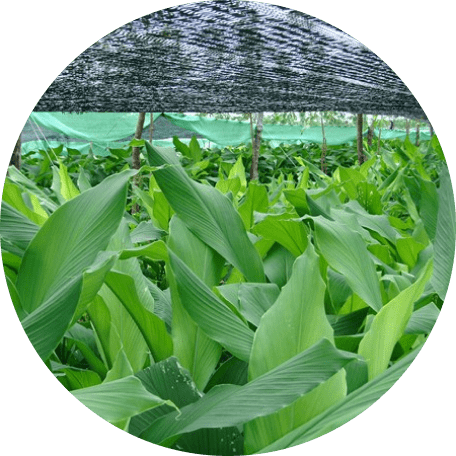
Integrated Pest Management
- Introducing a combination of physical & cultural interventions to drastically reduce chemical pesticides.
- Distributing IPM kits & conducting demonstrations for effective technology transfer.
- Educating farmers at the field & community level on proper usage of inputs
- Establishing systems for pesticide container collection, usage and incineration.
Bio Diversity Conservation

Partnering with IBBI CII to initiate biodiversity risks and opportunity assessment study in AKAY’s crop growing areas. This enabled us to develop an Ecosystem Service Matrix (ESM) tool for mapping the risky areas related to various ecosystems and ecosystem services on which our business is depending or impacting.

Studies are conducted to understand the current status of the richness of floral and faunal species in the watersheds. Heated plans to restore the landscape level, thus improving the green cover and the native floral species population. Mosaic restoration to rehabilitate degraded common lands as biodiversity hot spots.

Implementing community-driven biodiversity conservation programs with a focus on livelihood generation. This is to ensure that communities understand and value the importance of biodiversity conservation.
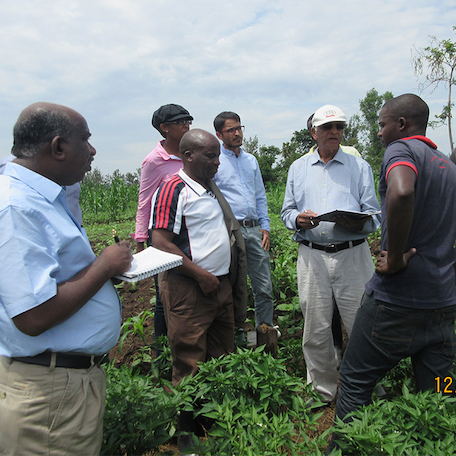
Community Development
- Improving infrastructure in government schools to create a more conducive learning environment & thereby reduce drop-out rates
- Providing drinking water facilities & other community infrastructure
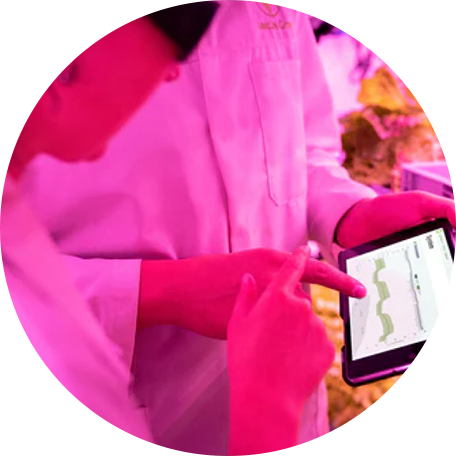
Digitizing Agriculture
- Implemented an agri-tech app & software “Trace Share” for digitizing Akay’s backward integration program.
- All the farmers’ field diaries and monitoring systems are online. Active management takes place through the geo-tagging of farms. Every activity is recorded in real-time on trace share to yield analysis.
- The stream of analysis that results from this platform will lead to the continuous improvement of the package of practices for every Integrated pest management program.

RECOGNITION
The Research Project of the World Bank partnering with United Nations Conference on Trade and Development (UNCTAD) based on seven Principles for Responsible Agricultural Investment (PRAI) launched at the 64th Session of the United Nations General Assembly had identified Akay Cambodia farm as one of the mature agribusiness investments in the world. Akay’s investment was found to be no negative impacts on the PRAI study parameters such as working conditions, employment, and infrastructure, access to land and access to markets.
All the operations of Akay integrate relentless focus on creating business value while undertaking persistent efforts to minimize negative effects on the surrounding environment and society as a whole. The quality systems’ certifications in environment management, quality management and food safety management which we possess vouch for our commitment to the standards benefitting the society at large.



